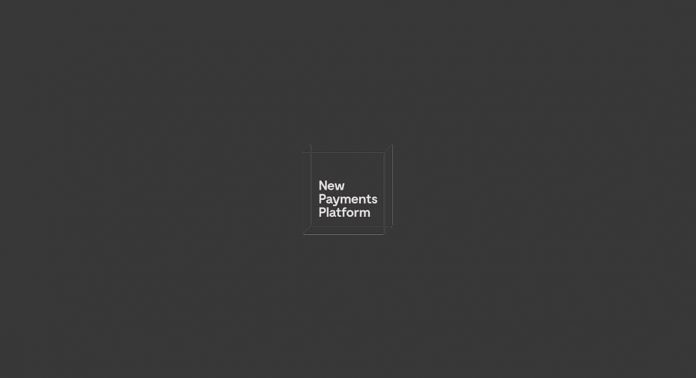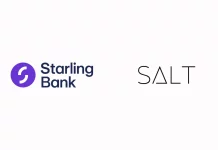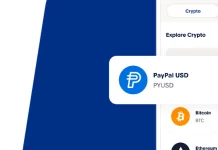Australia’s New Payments Platform(NPP) and its core technology partner Swift have launched an API sandbox for independent fintechs to test new innovations to replace the nation’s decades-old legacy transactional links.
Hosted in the cloud, the NPP API sandbox could serve as competition, or complement, to ASEAN Financial Innovation Network (AFIN) sandbox that is made with collaboration from the Monetary Authority of Singapore (MAS).
The new platform will enable independent developers to start learning and testing the benefits and capabilities of the NPP via APIs.
The initial three sample API NPP participants could make available to the wider fintech and payments community in Australia are:
- PayID Resolution Request – to determine the bank account related to a particular personal or business identifier such as a mobile phone number or email address
- Payment Initiation Request – to instruct the NPP participant to initiate a payment instruction through the NPP; and
- Payment Status Request – to check on the status of an NPP payment
Adrian Lovney, CEO of NPP Australia, says: “This testing environment will enable third-party service providers, software developers and participating financial institutions to test and see the NPP’s benefits and capabilities in a way that will ensure interoperability and consistency, regardless of the type of innovation they are focused on.”
Bill Doran, SWIFT Head of Oceania, added: “The API sandbox for NPP will enable fintechs and corporates to develop their NPP solutions in an independent and secure, zero-footprint environment —before taking their prototypes and customer propositions to the broader market. This should support competition in the financial community in Australia.”
Welcoming the new initiative, Alan Tsen, chair of Fintech Australia says: “Our members have told us that they are keen to understand the NPP – how it works, its capabilities, but most importantly, how they can tap into its benefits to bring their own innovation to life. The API Framework and testing environment will be key to enabling the fintech community to do this, so we welcome this development.”









